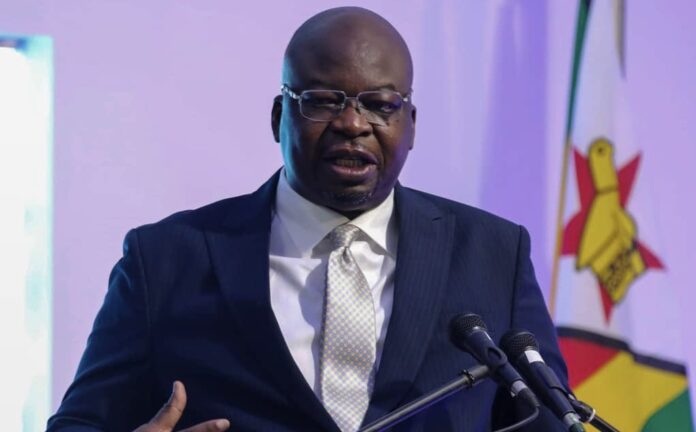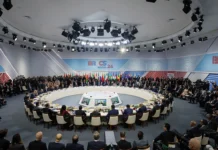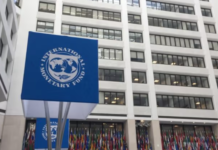HARARE – Treasury has announced sweeping new measures to rein in government spending, including a freeze on recruitment, a 25 percent cut in fuel allocations, a ban on workshops in hotels, and restrictions on foreign travel.
The directive, contained in Treasury Circular Number 10 of 2025 signed by finance secretary George Guvamatanga, is aimed at enforcing fiscal discipline after years of unbudgeted expenditures that have undermined budget credibility and widened the deficit.
With immediate effect, ministries, departments and agencies (MDAs) are prohibited from entering into contracts above US$2 million without written approval from treasury. Any agreements signed outside the new vetting process will be declared void, the circular warned.
“All accounting officers are required to abide by the constitution and the Public Finance Management Act on the management of public resources, with treasury enforcing penalties on non-compliance,” Guvamatanga said.
To cut operational costs, government has ordered that all domestic workshops be suspended for the remainder of 2025, except for statutory and strategic planning meetings, which must be held at government training centres such as the Zimbabwe Institute of Public Administration and Management (ZIPAM).
Foreign trips will only be authorised if fully funded by external partners.
Special allowances for travel have also been scrapped, with civil servants directed to use standard per-diem rates. Hiring of vehicles by ministries has been banned, while government pool cars will now be closely monitored through log books and barred from being taken home after hours or on weekends.
In a major shift, treasury has frozen new recruitment in the public sector, except for essential posts in health, education and security that are already budgeted for in 2025.
Institutions funded from the Consolidated Revenue Fund must also migrate to the Salary Service Bureau platform for payroll management to improve transparency and curb leakages.
Fuel allocations for operations are being slashed by 25 percent, while purchases of vehicles, furniture and equipment have been deferred to the 2026 budget.
Only high-impact capital projects and those with running payment commitments will receive funding for the rest of the year.
“These expenditure rationalisation measures are effective immediately,” Guvamatanga wrote, adding that MDAs should negotiate long-term settlement plans with service providers to ensure sustainability.
The government’s belt-tightening comes amid mounting pressure to restore fiscal stability as the economy battles high inflation, currency volatility and rising debt.











